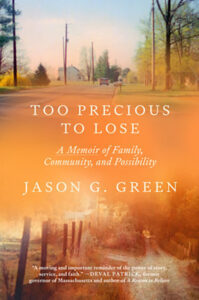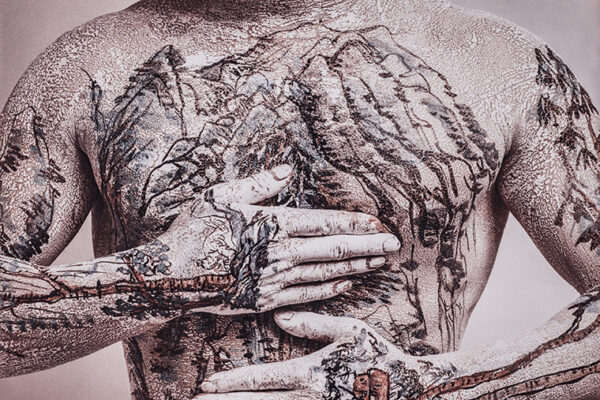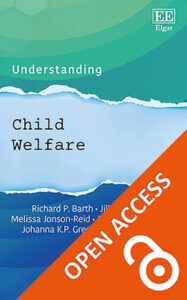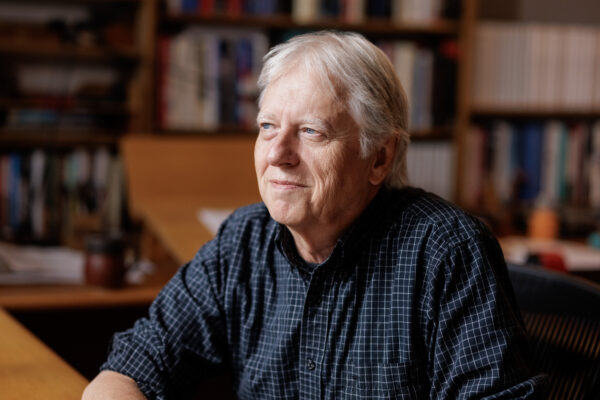Faith leaders on the front lines
Over the last few decades, Christianity in America has become synonymous with conservative causes. But it wasn’t always that way. As faith leaders join protesters in the Twin Cities, they’re showing the next generation of American young people that there are multiple ways to be a Christian, according to Ryan Burge, an expert in religion and politics at Washington University in St. Louis.
Racism packs a punch for those enduring it over a lifetime
Researchers from Washington University in St. Louis find evidence that elevated stress exposure and its inflammatory correlates may contribute to Black-white racial disparities in mortality risk.
Too Precious to Lose
A Memoir of Family, Community, and Possibility
Jason Green, AB ’03, was raised on fellowship — literally. Fellowship Lane served as a spiritual metaphor throughout his coming of age. A precocious preacher’s kid, Green felt a call to the ministry but ultimately devoted himself to public service. After working on Barack Obama’s presidential campaign, the young attorney spent four and a half […]
‘Looking Back Toward the Future’
Celebrated editor, publisher and art collector Larry Warsh recently gifted 56 works of Chinese photography to the Kemper Art Museum at Washington University in St. Louis. This spring, the museum will publicly display 43 of those works, all made between 1993 and 2006, for the first time in “Looking Back Toward the Future: Contemporary Photography from China.”
Eliminating Missouri income tax would hurt low-income residents
Missouri Gov. Mike Kehoe has called for a phaseout of the state’s income tax, a move that would cause the most pain to the state’s low-income residents, says an expert on tax law at Washington University in St. Louis.
Understanding Child Welfare
Co-authored by eminent scholars in the field, this book surveys the processes and outcomes of child welfare services in the US, drawing global parallels in order to capture the challenges, tensions, and opportunities facing child welfare services.
Rank wins book award
Mark Rank, the Herbert S. Hadley Professor of Social Welfare, won the 2026 Independent Press Award in the category of sociology for his book “The Random Factor: How Chance and Luck Profoundly Shape Our Lives and the World Around Us.”
Brown School to fund practicums, provide stipends for social work students
The Brown School at Washington University in St. Louis will fully fund practicum internship experiences and provide living stipends to students in its Master of Social Work program beginning in fall 2026, Dorian Traube, the Neidorff Family and Centene Corporation Dean of the Brown School, announced.
Assessing geopolitical, economic risks ahead
The markets essentially shrugged when the U.S. removed Venezuelan President Nicolás Maduro in a special operation. But that could change if the U.S. follows through on other geopolitical threats, says political scientist Timm Betz at Washington University in St. Louis.
Trump’s foreign ambitions
Faculty experts in political science, history and law at Washington University in St. Louis discuss the recent capture of the Venezuelan president and offer context about President Donald Trump’s latest challenges to international order.
Older Stories









